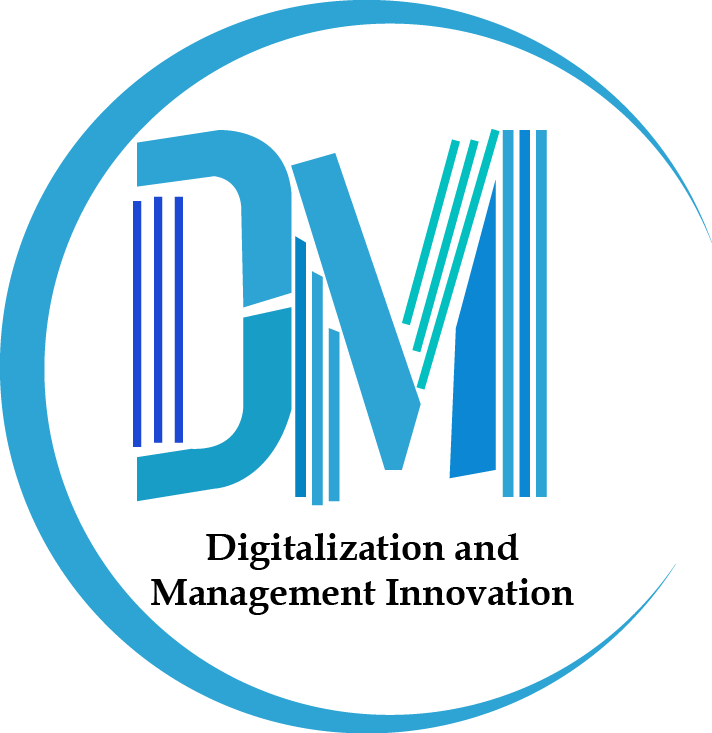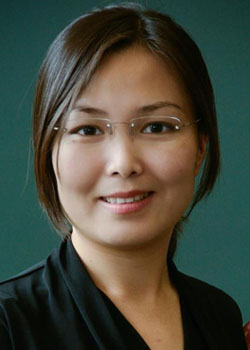Invited Speakers
Prof. Dimiter Velev
Department of Informatics, University of National and World Economy (UNWE), Sofia, BulgariaSpeech Title: Future of Business Innovation Through Generative Technologies
Abstract: The future of business innovation is being dramatically reshaped by the advent and integration of Generative Artificial Intelligence (AI). This disruptive technology is not just automating common tasks but now is the leading force for creating new products, services and processes that previously were unimaginable. Generative AI offers unprecedented opportunities for businesses to innovate and deliver value. The speech focuses on how AI tools can enhance creativity, product design, personalize customer experiences and optimize operational efficiencies. It also addresses the challenges that come with the adoption of this new technology, including ethical considerations, data privacy issues and the need for new skill sets.
Dr. Jennifer Q. Trelewicz, Chief Executive Officer
TGPO Consult, Ltd., RussiaSpeech Title: AI for Business Analytics and Intelligence: New Technologies that Help to Overcome Common Pitfalls
Abstract: The power of Large Language Models (LLM) has opened new possibilities for businesses, ranging from chat bots for customer and employee support to instruments for business intelligence. These applications promise increased profit, better customer service, higher-quality prognosis, etc. As such the number of applications of LLM is growing seemingly without limit. However, LLM present a number of weaknesses and risks of which the vast majority of users are unaware, including bias, "hallucination" (i.e., inventing fake "facts"), and even cybersecurity risks. Fortunately, there exist technologies and means of mitigating these risks.
In this talk I will show how LLM work (for the lay person) and why these risks occur. I will also discuss uses of Retrieval-Augmented Generation (RAG) and other technologies for addressing problems. As well, you will learn when it is acceptable to use a pre-trained model and when you really need to train your own.
Dr. Ting Zhang, Associate Professor
Merrick School of Business, University of Baltimore, USASpeech Title: Digitization and Older Workers’ Entrepreneur Propensity
Abstract: This study focuses on age and digital exposure as factors driving individuals to be (1) employees or entrepreneurs, (2) full-time or part-time, or (3) opportunity or necessity entrepreneurs. It extends occupational choice models, relying on a utility maximization framework, to entrepreneur types incorporating age and digital exposure effects. Using 132 months of Current Population Survey data and multilevel modelling with individuals’ fixed effects and metropolitan area random effects, the study finds that (1) workers with low- and high- digital exposure are more likely to become entrepreneurs than peers with medium digital exposure, mirroring digitization’s “push” and “pull” mechanisms on entrepreneurship; (2) age strengthens digitization’s “pull” mechanism to be entrepreneurs (versus employees) and opportunity (versus necessity) entrepreneurs; (3) digital exposure has a weak marginal potential to increase workers’ odds to be part-time (versus full-time) entrepreneurs. The study also notes the importance of location and concludes with discussion and implications.



